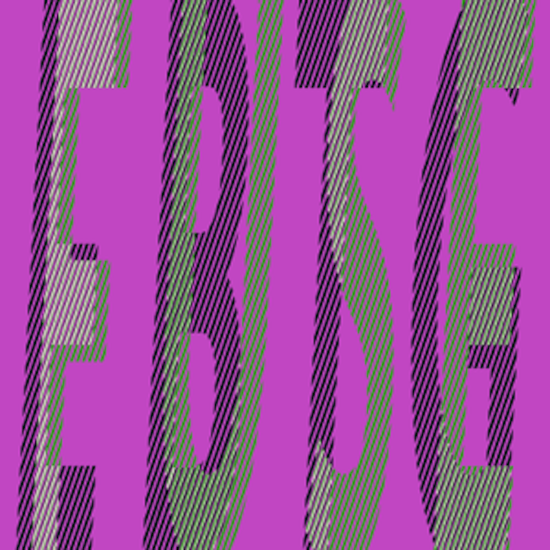In an era when band monikers so often function as brands, a form of intellectual property to be promoted when the marketing cycle makes it look a goer commercially, the most surprising thing about the return of Everything But The Girl is that it really is so surprising. After all, it’s not as if Tracey Thorn and Ben Watts, celebrity couple as home-loving refuseniks, haven’t had ample chances to work together as EBTG in the years since the release of Temperamental in 1999.
So why now?
One answer, to judge by recent interviews the duo have given, is a reassessment of their lives in the wake of the coronavirus pandemic. This was especially dangerous for Watt because of his travails with the rare autoimmune disease Churg-Strauss syndrome. Maybe it was time, they decided, not to work on solo projects, but to collaborate.
Any doubts this might have been a bad idea drop away with opener, and lead single, ‘Nothing Left To Lose’. “I can sit outside / I’ll set fire to my pride,” Thorn sings over skittering electronica. Her voice is warm, but there’s an edginess here, allied to a sense of yearning that seems to become more pronounced with every listen. It’s a beautiful song.
This isn’t new territory for EBTG. In key respects, the band’s biggest hit, the Todd Terry remix of ‘Missing’ functions in the same way. And while most of the songs on Fuse have sharp electronic edges, a soulful ballad such as ‘Run A Red Light’ isn’t going to scare Radio 2.
Nevertheless, as the album unfolds, it becomes clear this isn’t EBTG simply revisiting past glories, but cautiously experimenting, and perhaps hinting at where they might go if they make more albums. The delicate distortions of ‘Interior Space’, for instance, recall, albeit very gently, the way Low and Portishead have latterly messed with audience expectations. The approach of applying effects to Thorn’s voice in order to disguise it recurs.
What’s less easy to disguise is what used to be called, disparagingly, EBTG’s earnestness. Which, viewed through a different lens, is a way of saying that EBTG’s lyrical concerns have always been those of people mapping inner emotional lives – both of themselves and of those around them. Nowhere is this clearer here than on ‘When You Mess Up’, a ballad (“Don’t be so hard on yourself / For God’s sake have a cigarette”) that conveys a sense of looking on and offering advice from a place of worldweary experience. Thorn and Watt are both now in their 60s. Perhaps sometimes the radical thing to do is to reassess an older persona, not out of nostalgia but as a way to explore nuances your younger self might have missed.


